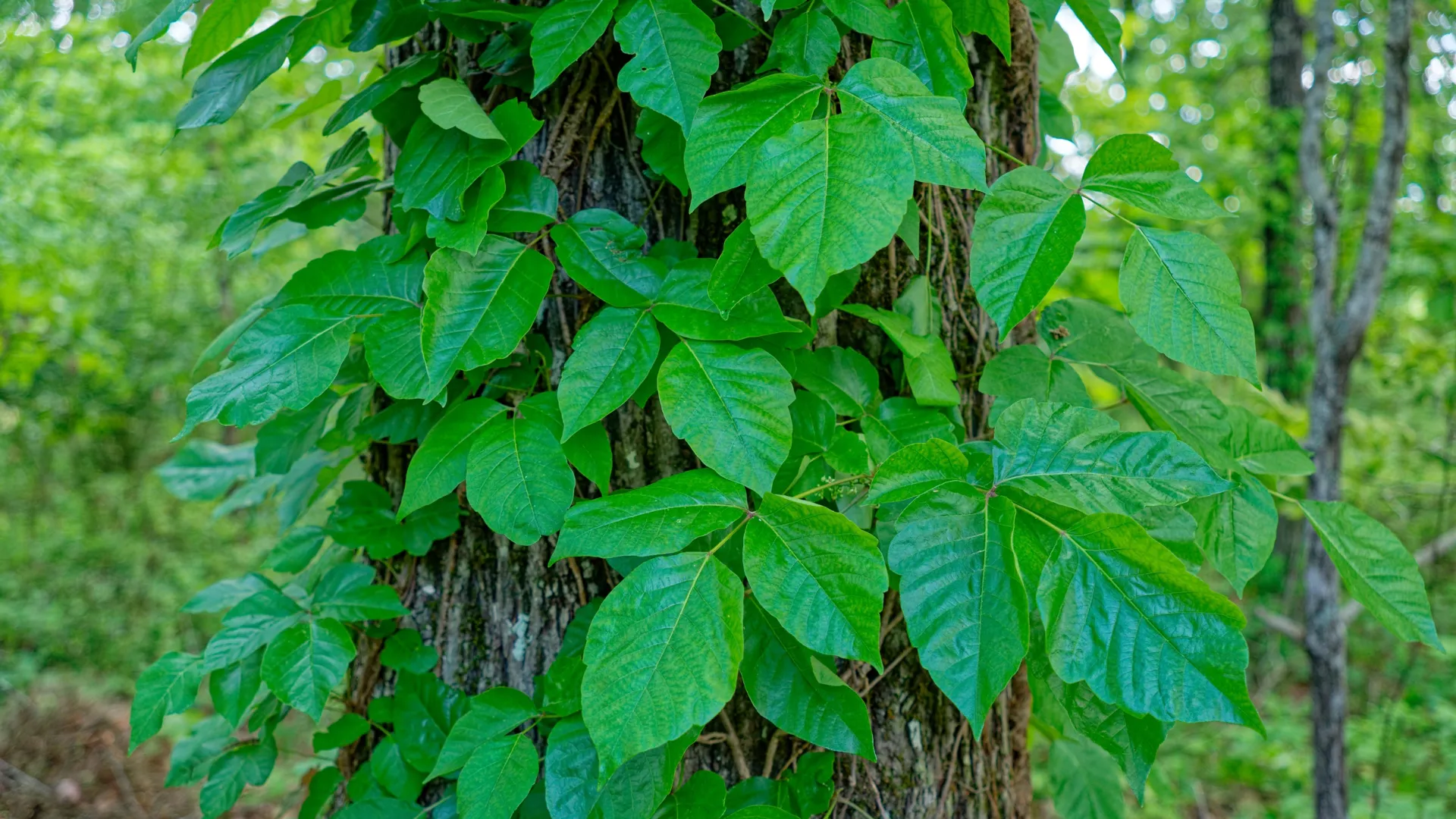AI-powered app can detect poison ivy
- Date:
- January 30, 2024
- Source:
- University of Florida
- Summary:
- Poison ivy is no joke—it causes itchy, painful rashes in up to 50 million people every year, yet most of us couldn’t spot it if our hike depended on it. But now, thanks to a team of University of Florida scientists, there’s a powerful new weapon in the fight against this stealthy plant: an AI-powered app that can identify poison ivy in real time, even when you’re offline.
- Share:

Poison ivy ranks among the most medically problematic plants. Up to 50 million people worldwide suffer annually from rashes caused by contact with the plant, a climbing, woody vine native to the United States, Canada, Mexico, Bermuda, the Western Bahamas and several areas in Asia.
It's found on farms, in woods, landscapes, fields, hiking trails and other open spaces. So, if you go to those places, you're susceptible to irritation caused by poison ivy, which can lead to reactions that require medical attention. Worse, most people don't know poison ivy when they see it.
To find poison ivy before it finds you, University of Florida scientists published a new study in which they use artificial intelligence to confirm that an app can identify poison ivy.
Nathan Boyd, a professor of horticultural sciences at the UF/IFAS Gulf Coast Research and Education Center near Tampa, led the research. Renato Herrig, a post-doctoral researcher in Boyd's lab, designed the app.
"We were the first to do this, and it was designed as a tool for hikers or others working outdoors," Boyd said. "The app uses a camera to identify in real-time if poison ivy is present and provides you with a measure of certainty for the detection. It also functions even if you don't have connectivity to the internet."
The next step is to make the app commercially available, and there's no timetable for that yet, Boyd said.
For the study, researchers collected thousands of images of poison ivy from five locations: Alderman's Ford Conservation Park and Hillsborough River State Park, both in Florida; Eufala National Wildlife Refuge in Alabama; York River State Park in Virgina and Fall Creek Falls State Park in Tennessee.
They labeled images, and in each image, scientists put boxes around the leaves and stems of the plant. The boxed images were critical because poison ivy has a unique leaf arrangement and shape. Scientists use those characteristics to identify the plant.
They then ran the images through AI programs and taught a computer to recognize which plants are poison ivy. They also included images of plants that are not poison ivy or plants that look like poison ivy to be certain the computer learns to distinguish them.
"We believe that by integrating an object-detection algorithm, public health and plant science, our research can encourage and support further investigations to understand poison ivy distribution and minimize health concerns," Boyd said. In their future work UF/IFAS researchers hope to expand the use of the app to identify more noxious plants.
Story Source:
Materials provided by University of Florida. Original written by Brad Buck. Note: Content may be edited for style and length.
Journal Reference:
- Renato Herrig Furlanetto, Arnold Schumann, Nathan Boyd. A mobile application to identify poison ivy (Toxicodendron radicans) plants in real time using convolutional neural network. Multimedia Tools and Applications, 2024; DOI: 10.1007/s11042-023-17920-3
Cite This Page: